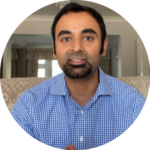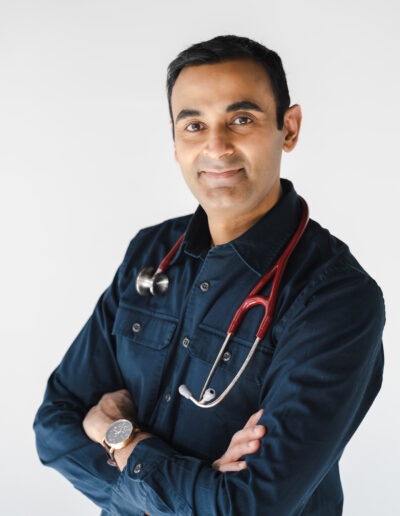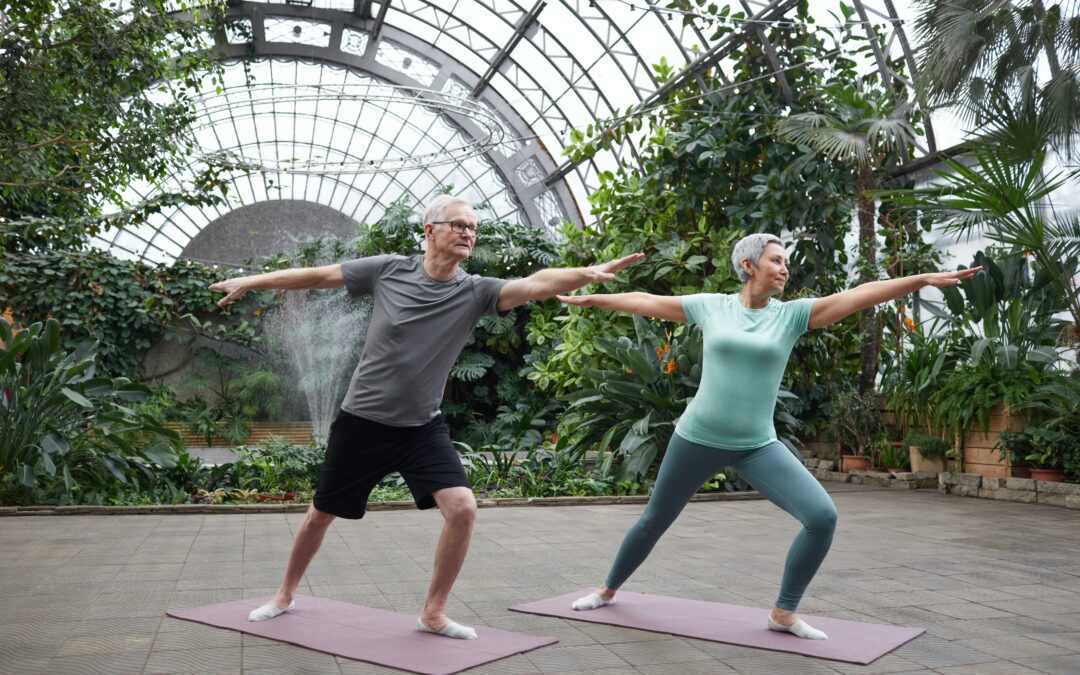It’s no secret that western populations are aging, and with each passing year the proportion of seniors in our society is going up. For the purposes of this article, I’m going to pick an arbitrary cut-off of 65, but obviously this isn’t set in stone. All of us have someone in our lives who is in this category—a family member, friend, colleague, or neighbor. You may even be over 65 reading this piece!
Here are 3 tips that every doctor should be giving anybody in this age group, for optimal physical and mental health:
1.Keep up your PROTEIN intake
This is extremely important to help combat age-related muscle loss and maintain strength. Studies show that up to half of older adults may not be getting enough protein. How much should you be eating? Different authorities will have different recommendations, but a good ballpark number to keep in mind, is between 0.8 and 1 gram per kilogram of body weight. This may seem like a lot, and not every older adult needs to hit this number every day—but it’s a start to keep up that push for a higher intake.
Healthy protein sources include; plant-based protein (lentils, beans), white meat, eggs and dairy. Many popular supplement drinks will contain up to 20 grams of protein—just be careful that they are not high in sugar or other processed substances.
Every senior should obviously check with their physician first, before initiating any significant change in their diet and be sure there’s no reason why they may not tolerate increased protein intake. And finally, this should also go hand in hand with an overall well-balanced nutritious diet, rich in other gems like vegetables and fruits.
2.BALANCE exercises
As one ages, gait and posture can go south—and a great way to combat this, is to do regular balance exercises. This helps with a number of potential age-related problems including falls and back pain. There are a number of great exercises to do, many involve standing on one leg (it’s easy to go online and find them). I recommend at least 20-30 minutes daily of balance exercises to suit anyone’s ability (it can even be combined with an additional 30 minutes of brisk walking, to get your hour a day!). But make this a regular habit to maintain stability and strength well into old age.
3.MIND exercises
Your brain is like a muscle (take this from me as a doctor who is also a certified personal trainer). The more you use it, the stronger it will become. And the less you use it, the more it will waste away. There are an enormous range of mind exercises available to stimulate those neurons, but it’s important to find one that’s individually enjoyable. It could be simply watching quiz shows, playing an app on your iPad which tests your memory recall, ability to form words, or arithmetic. And few things could be better than board games like chess or Sudoku! My recommendation is to do one hour a day of these mind exercises.
The more any person keeps trying to stimulate their brain, the better it is for helping to ward off age-related memory decline. Over the years, it always makes me smile whenever I walk into the room of that sharp as a tack 92-year-old lady, who will be busy with her crossword puzzle!
So those are 3 things which if regularly done, can really help any older person stay physically and mentally strong. Best thing too, is that maybe apart from food, they are all free—no expensive drug involved.
I have written previously about my personal respect, and to be frank—level of awe—at our elder generation. One of the privileges of my job every day is getting to talk with a lot of older folks, who tell me their stories of years gone by. They are full of knowledge and life experience. We really have it easy today, compared with their lives growing up. Thank you. We want all over-65s around for a lot longer, healthy, so they can keep on sharing their wisdom.
 Suneel Dhand is a physician, writer, and YouTuber. He is Founder at MedStoic Lifestyle Medicine and DocsDox . Follow him on YouTube and Facebook.
Suneel Dhand is a physician, writer, and YouTuber. He is Founder at MedStoic Lifestyle Medicine and DocsDox . Follow him on YouTube and Facebook.


Well, Suneel, the topic really put me off initially! Telling us what to do? Huh? In the article though, you soften that with advising and I liked that a whole lot better. I like good advice. I don’t like to be told what to do. I decide for myself (hopefully with good advice) what to do.
As an 87 year old, these three suggestions are important. I see so many peers not engaging in much that is challenging, mentally , nutritionally or physically. Hopefully, the next generation will be better at this than we are.
And as for asking a doctor about a change in diet? Hmmm, that is another poser. How much nutrition information is given in medical school? Are they knowledgeable enough to ‘advise’ about foodstuffs?
Sue, you are an 87-year old in the body of a 47-year old! Keep up the great work : ) Suneel
Thank you, I also tell people of that age group and before to practice getting up off the floor. I feel it’s important in case of a potential fall
That’s a really good point too Kathryn, thank you!